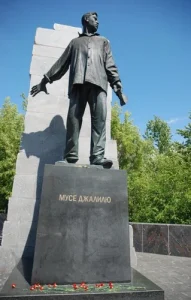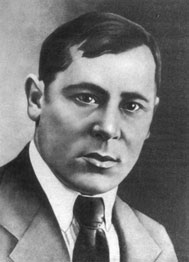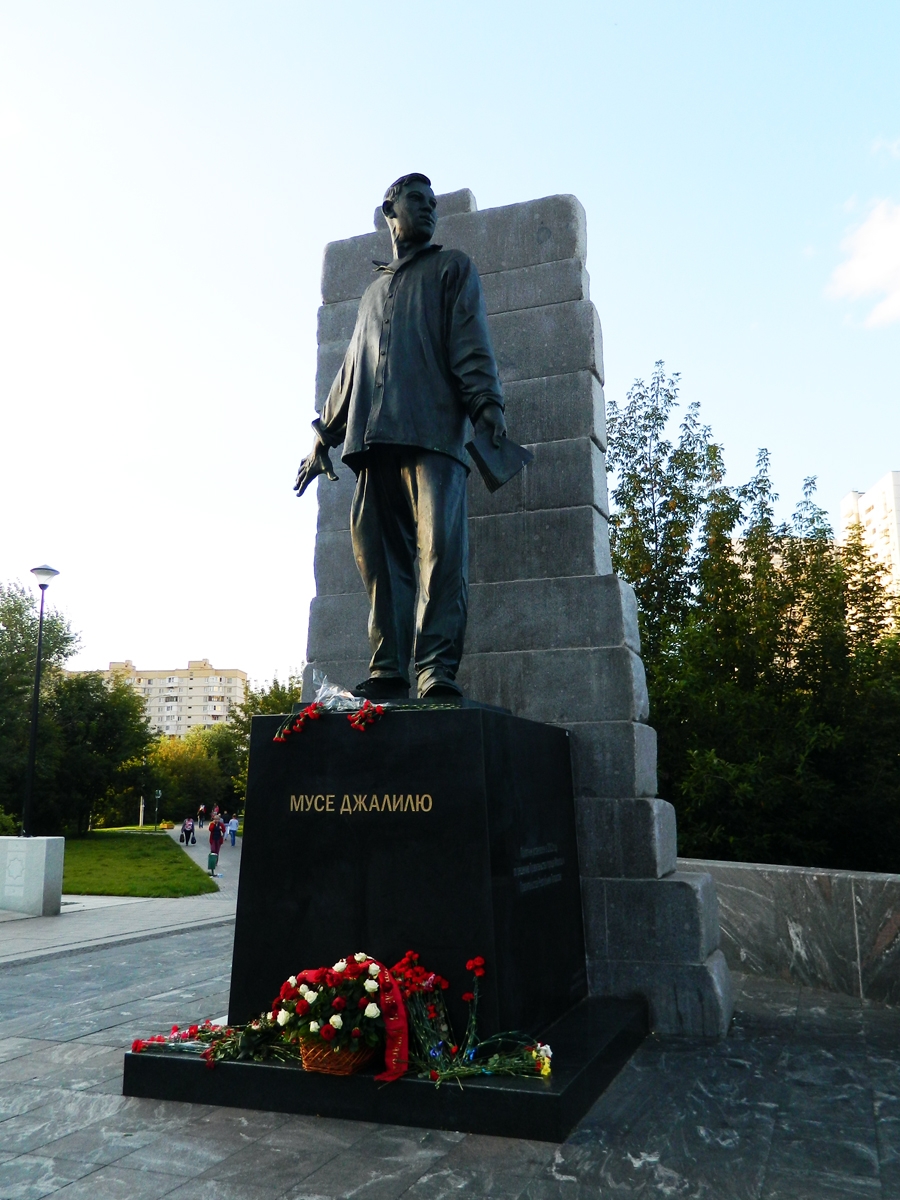Musa Jalil
(Zalilov Musa Mustafovich)
1906-1944

Musa Jalil (real name — Zalilov Musa Mustafovich) was an outstanding Tatar poet and a hero of the Great Patriotic War. He was born on February 15, 1906, in the village of Mustafino in the Orenburg region to a peasant family. He received his education at the “Husainiya” madrasah, which was transformed after the revolution into the Tatar Institute of Public Education. In 1919, he joined the Komsomol and participated in the Russian Civil War. During this time, he began writing poetry on revolutionary themes. After the war, Jalil actively pursued literary work, wrote children’s literature, and took part in the development of the Pioneer movement. In 1931, he graduated from the Faculty of Philology at Moscow State University. In 1939, he was elected chairman of the Union of Writers of the Tatar ASSR. Jalil worked in various literary genres, including poetry, epics, plays, and journalistic prose. His works «Altyn Chech» and «Ildar» were adapted into operas, one of which was awarded the Stalin Prize. At the onset of the Great Patriotic War, he was drafted into the army and served as a war correspondent for the newspaper «Otvaga» on the Volkhov Front. On June 26, 1942, while trying to break out of encirclement, he was seriously wounded and taken prisoner. In the Spandau concentration camp, he organized an underground resistance group and carried out anti-fascist propaganda among prisoners of war. After being betrayed, he was transferred to Moabit prison in Berlin, where he continued writing patriotic poems — the famous «Moabit Notebooks». On August 25, 1944, Musa Jalil was executed at Plötzensee prison. On February 2, 1956, he was posthumously awarded the title Hero of the Soviet Union. In 1957, he became a recipient of the Lenin Prize for his literary legacy. His poems, written in Nazi captivity, became a symbol of courage and unbroken spirit. In memory of Musa Jalil’s heroic deeds, a monument has been erected in Moscow. It is a monumental composition standing 4.6 meters tall. The central element is a two-meter bronze statue of the poet, mounted on a massive granite pedestal bearing the simple inscription: «To Musa Jalil». Behind the sculpture is a symbolic stone wall fragment, representing the prison confines in which the poet created his immortal works. In the poet’s hands is a notebook — an artistic embodiment of the famous «Moabit Notebooks», the cycle of poems written in fascist captivity that was later honored with the Lenin Prize. The architectural design of the monument emphasizes both the tragedy and grandeur of the poet’s sacrifice.
Address: Moscow, Musy Jalil St.

